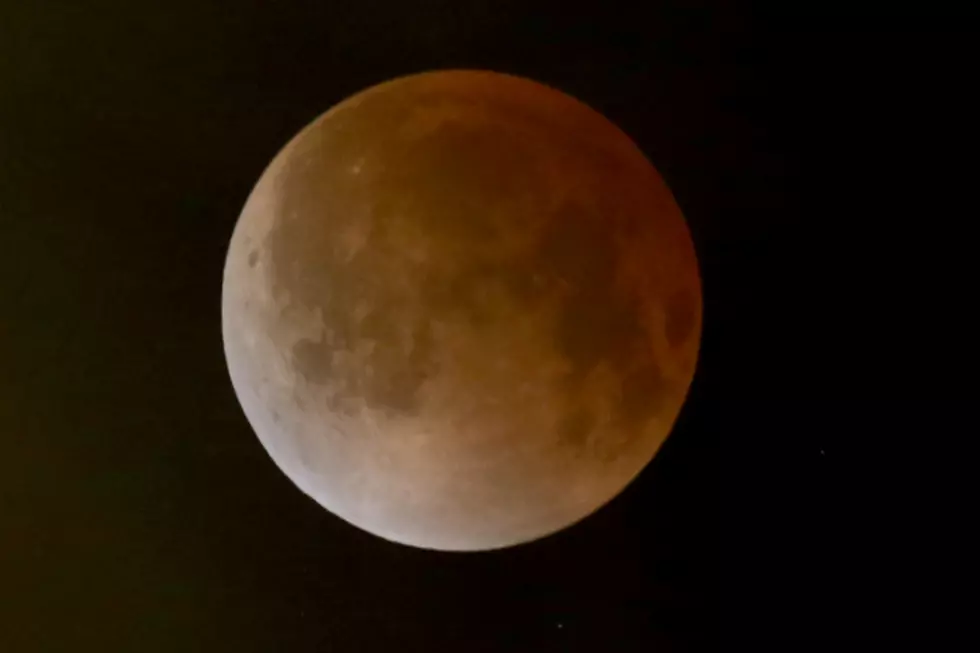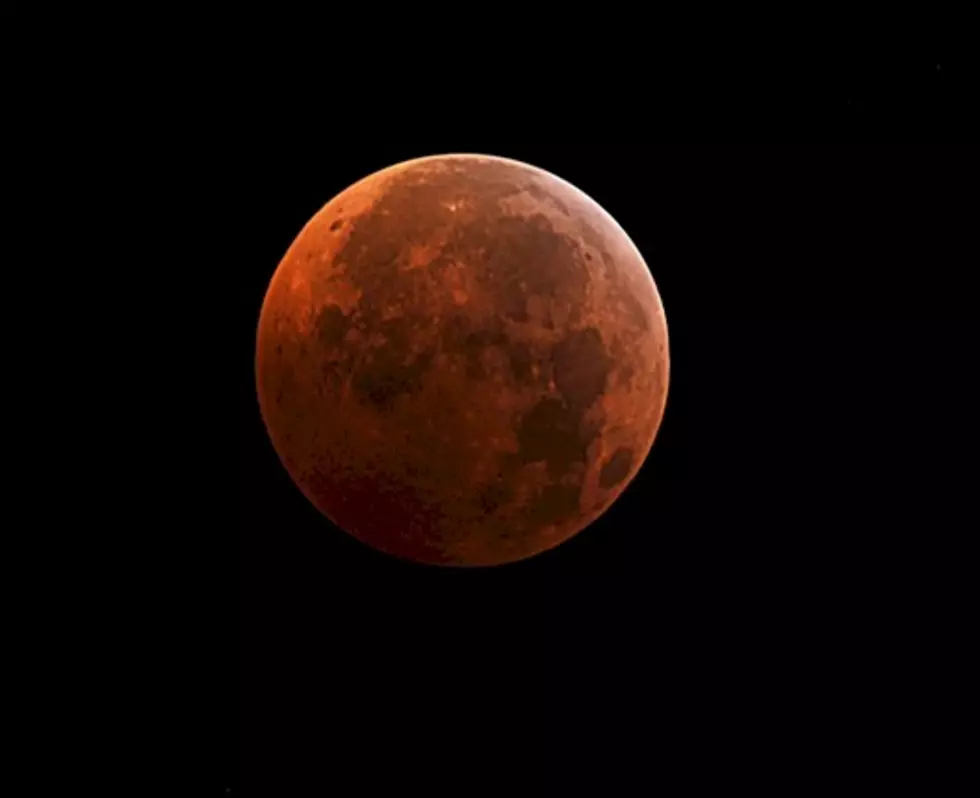
Super Blue Moon Eclipse Happening Wednesday
ST. CLOUD -- You'll get just minutes to see a rare show in the sky Wednesday morning. A supermoon, blue moon and total lunar eclipse will be happening as most of us are just starting our day.
Elisha Polomski is an Associate Professor of Physics and Astronomy at St. Cloud State University. Polomski says although this triple treat is happening, you will only have a short window to see it in the Granite City.
"The partial phase will start at 5:48 a.m. and the moon will be in the western part of the sky and it will be setting as the eclipse is happening. The full phase starts at 6:51 a.m. and unfortunately twilight starts at about 7:00 a.m. So you'll have about nine minutes."
Along with having less than 10 minutes to see the Super Blue Moon eclipse, Polomski says you'll need to find the perfect viewing spot as well.
"The moon is going to be quite low in the horizon so we need a pretty clear horizon, no trees, no buildings. It should be very nice if we can catch a glimpse of it. People in the western part of the United States will have a better view than us, the moon will be higher up. But on the other hand, people on the east coast are going to have almost no possibility of seeing it."
Polomski says both the supermoon and blue moon titles actually don't come from astronomy but astrology which isn't a true form of science, but they are fun to use. The blue moon happens when a full moon comes twice in the same month, while a supermoon occurs when the moon is closer to earth.
"A supermoon is a moon that is a little bit closer to the earth, the moon doesn't have a circular orbit it's actually an ellipse, so once a month the moon is a little bit closer to the earth and once that same month it's a little bit further away than average. This moon is not going to be the closest moon we've ever had but it's going to be about 20,000 kilometers closer than your average full moon."
With the supermoon, Polomski says it will be about seven percent closer and 14 percent brighter but you won't be able to tell by the naked eye.
Although this lunar eclipse will be hard to see, Polomski says don't get discouraged, in just one year (January 2019) we'll get the opportunity to see another lunar eclipse that will be higher in the horizon.
More From AM 1240 WJON



![‘Blood Moon’ Coming on Wednesday Morning [AUDIO]](http://townsquare.media/site/67/files/2014/10/Blood-Moon.jpg?w=980&q=75)





